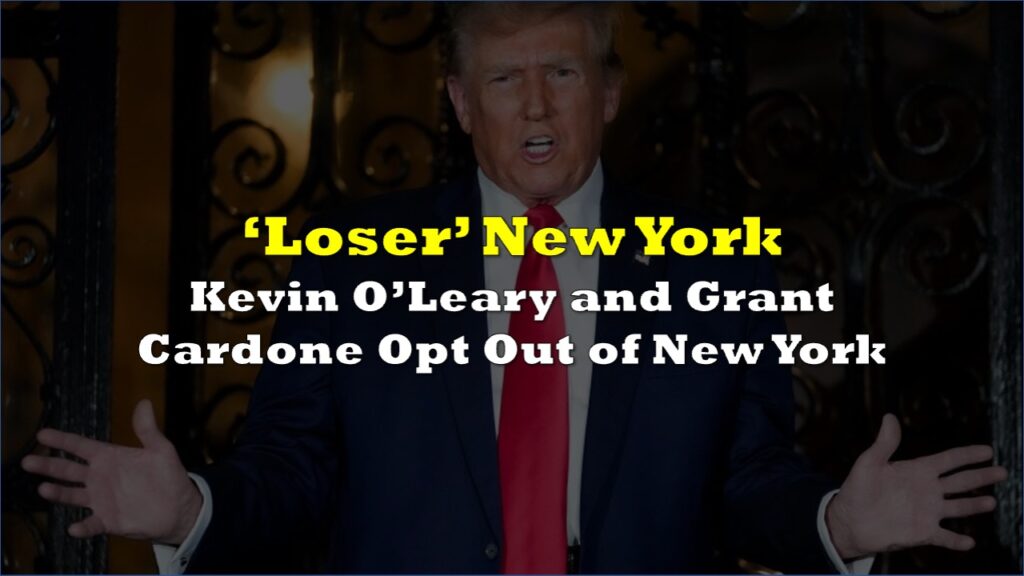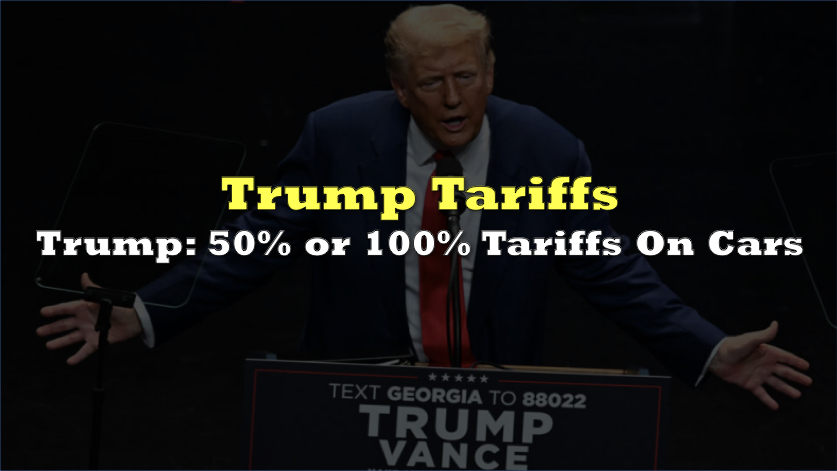Recent actions by the Trump administration have raised pressing questions about the management and future of US foreign aid agencies. Among the most debated is whether the administration intentionally halted operations at the US International Development Finance Corporation (DFC)—a body established during Trump’s first term to stimulate private-sector investments in emerging markets.
Evidence has emerged that investments and grants approved by the DFC have been allegedly abruptly frozen. According to some sources, Africa-based fund managers received direct notifications from the DFC informing them that their commitments are on hold pending a comprehensive review of their projects.
“The Trump administration has frozen investments and grants approved by the US International Development Finance Corp…Africa-based fund managers have been told by the DFC that their commitments are on hold pending a review of their projects,”-ImpactAlpha https://t.co/PB8nCzOP1i
— W. Gyude Moore (@gyude_moore) February 7, 2025
For many local small business lenders, this pause has had immediate and severe repercussions. Capital that was critical to on-lending and funding operations is now delayed—or may never materialize.
“What was small money for the DFC was enormous for us and the companies we would have funded,” a general partner at a small business fund noted.
The decision to freeze DFC activities is intertwined with alleged broader organizational changes within the agency. Recent internal communications reveal that staff members, including probationary employees, have been reportedly informed that they will soon be terminated. These moves come on the heels of a mandate for staff to return to the office—a directive that disrupts the remote work arrangements many had come to rely on.
Furthermore, DFC’s leadership appears to be in a state of flux. The agency’s head of diversity, equity, inclusion, and accessibility has been placed on leave in order to comply with an executive order targeting these programs. At the same time, the nomination of Ben Black—the managing director of investment fund Fortinbras Enterprises—to lead the agency has signaled an intention to reorient its strategic approach.
This also comes on the heels of recent executive orders mandating a 90-day review of all foreign aid programs, incluing accounts directly managed by USAID and the State Department.
Just days earlier, Trump signed an executive order directing Treasury Secretary Scott Bessent and Commerce Secretary-designate Howard Lutnick to develop a blueprint for a sovereign wealth fund. The envisioned fund would rival major global funds such as Saudi Arabia’s Public Investment Fund and Norway’s Government Pension Fund Global.
Critics of the sovereign wealth fund proposal point to high national debt levels and caution that diverting resources into new investments could exacerbate fiscal challenges. Moreover, the combined uncertainty over both the DFC’s operational future and the broader strategic shifts in U.S. financial policy has led to concerns about the reliability of U.S. commitments on the global stage,
Information for this story was found via Devex and the sources and companies mentioned. The author has no securities or affiliations related to the organizations discussed. Not a recommendation to buy or sell. Always do additional research and consult a professional before purchasing a security. The author holds no licenses.









